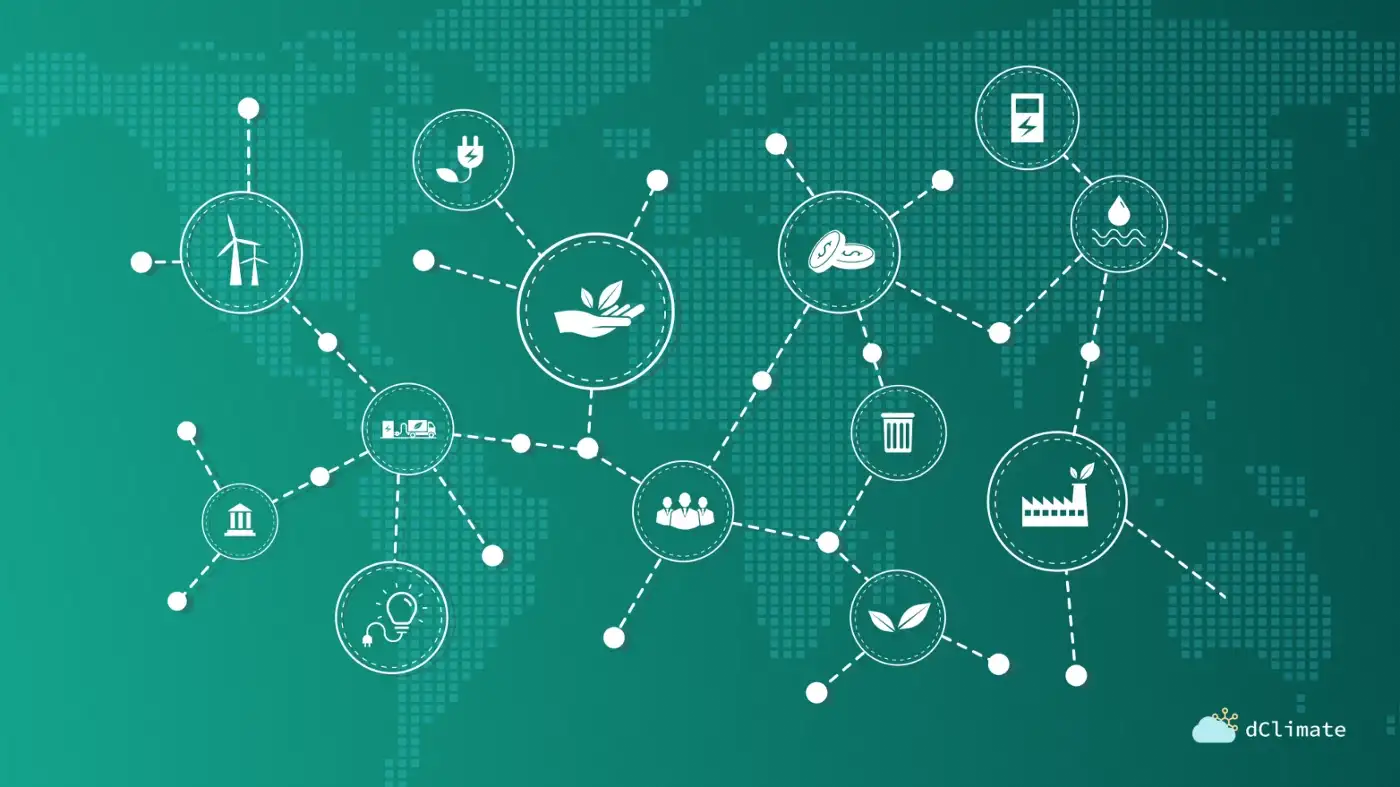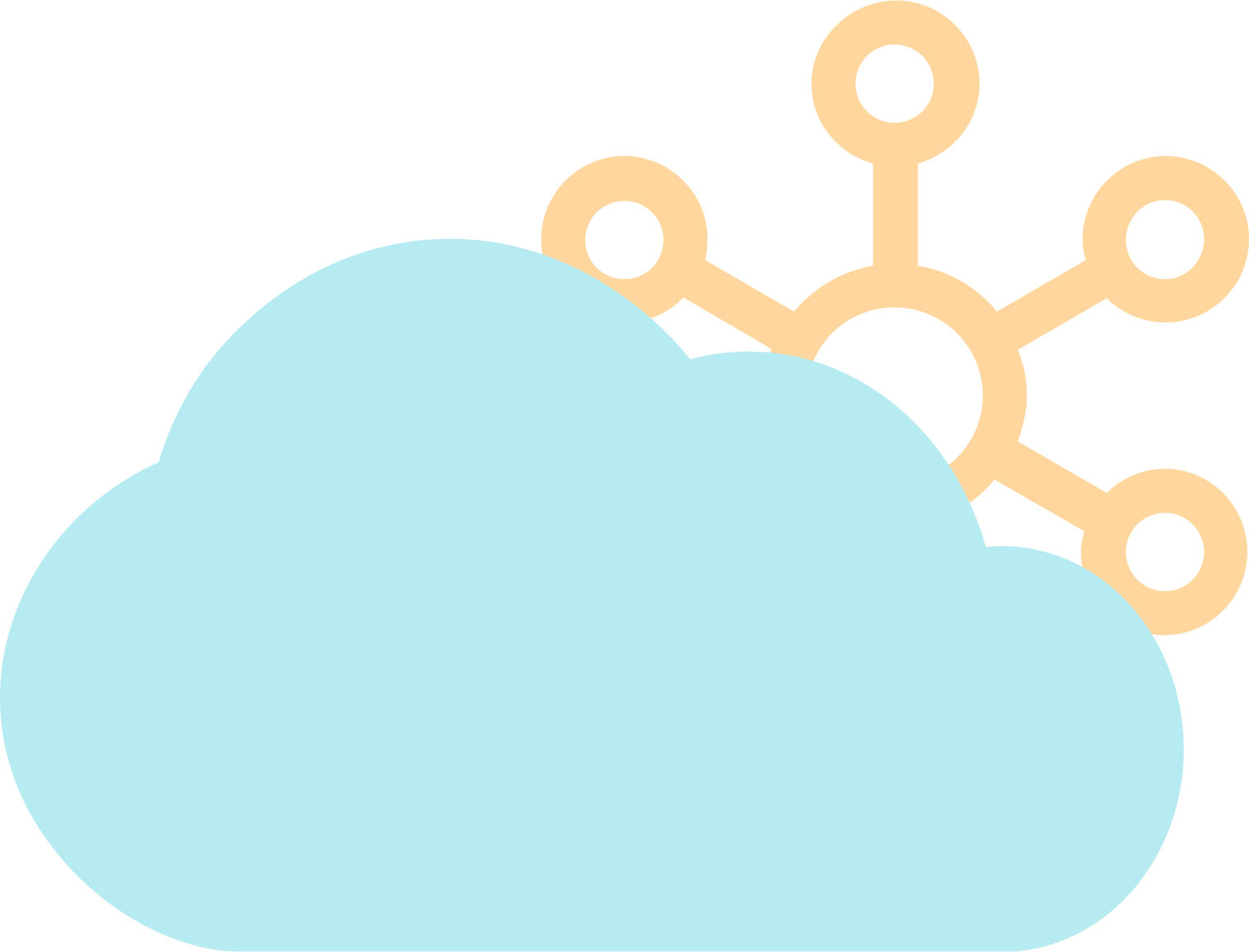The Importance of Standardized, Data-Driven Climate Risk Disclosure and Reporting

Standardized, data-driven climate risk disclosure enables investors/stakeholders to make more informed decisions.
Climate risk is embedded in the balance sheets of virtually every publicly traded company, but is often not properly quantified and managed. As the SEC and other central regulatory agencies move to mandate standardized climate risk disclosure, companies will need reliable data, assessment, and risk management tools to make accurate and reliable disclosures.
Only a fraction of companies and financial institutions have the data and tooling needed to properly assess and disclose this risk. The European Central Bank (ECB) says for example only 15% of banks are disclosing financed CO2 emissions. The risks that companies need to be most immediately concerned about are not just long-term, catastrophic risks like sea level changes. They are short-term, very present risks like extreme rainfall, heat waves, tornadoes, and droughts.
Climate risk disclosure is necessary to first help institutions prepare for unexpected costs due to extreme weather events that are becoming more frequent and severe, and then enable them to build the tools needed to manage and hedge this risk. The foundation of accurate climate risk disclosure is good data. You can’t solve or manage a problem you can’t measure. Data-driven risk assessment and measurement will enable companies to build the tools needed to be better, more efficient, and climate resilient.
This is why making having accessible, available, and accountable data that is easy to source and build with is essential. Companies need institutional grade data to first measure climate risk, and then to build the tools needed to take meaningful action to manage it.
dClimate is making it easier for companies not only to access the data they need to build these tools via an open and free API, but to share the data they have to other stakeholders who can benefit from the insights they have collected to improve their own internal reporting and assessment.

